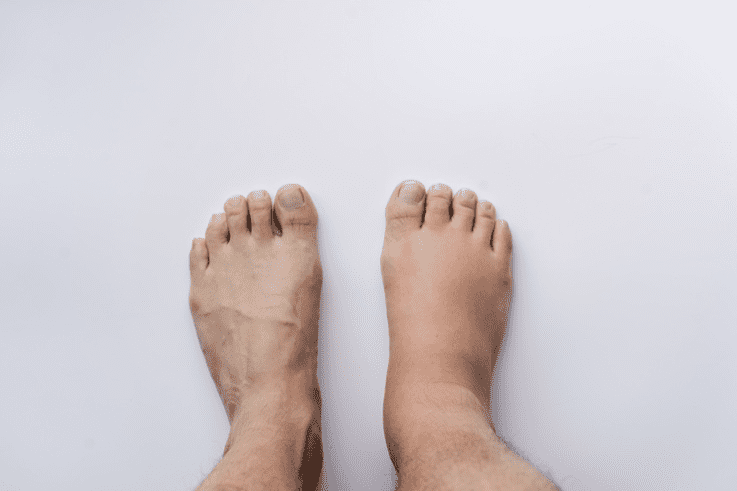
Edema, or swelling, is to be expected after any surgical procedure. It is caused by extra fluid stuck in the body’s tissues. Plastic surgery requires incisions and tissue manipulation that harms the surrounding areas and triggers the body’s natural healing response to trauma: swelling. Edema is a necessary component of healing as the surgical site is flooded with white blood cells, proteins and other healing factors to fight off infection and help the tissues recover.
Post-operative edema is the most common side effect after surgery, but there are steps we can take to reduce the inflammation and lower the related pain for a faster recovery. Dr. Donald Hause is an experienced, board-certified plastic surgeon in Sacramento. He has helped countless patients achieve their ideal look through face, breast and body procedures and can answer your post-surgical swelling questions and concerns.
Treatments for Post-Surgical Edema
While swelling is expected after surgery, too much inflammation can cause additional pain and discomfort. Typically, edema begins in the recovery area after plastic surgery and increases for up to 72 hours. The degree of swelling varies by patient; some may experience little to no swelling while others have excessive edema. There are at-home remedies and in-office treatments available to help reduce this inflammation.
At-Home Remedies for Swelling
Ice, elevation and avoiding strenuous movement are the first modes of treatment for excessive swelling after surgery. The ice causes blood vessels to contract, but limit ice packs to 15-minute intervals to avoid damaging the tissues with the cold temperature. Elevating the surgical area helps your body naturally drain the fluids and reduce edema. Patients who have a face or breast procedure should sit upright, while tummy tuck patients need to stay in a semi-reclined position. A warm compress may also improve post-op swelling.
Compression garments are used to fight post-surgical edema. These fabrics push fluids into the lymphatic system to reduce swelling, help the tissues conform to the new contour and heal. Dr. Hause may have you gently massage the swollen tissue and avoid eating foods high in sodium to prevent fluid retention.
Medical Intervention for Post-Operative Edema
Medical treatment may be needed for severe swelling, such as dexamethasone, prednisone and other oral steroids. Steroidal treatment can improve post-surgical edema within 24 to 48 hours. Researchers believe that corticosteroid administration can lead to faster recoveries and reduce swelling. A 2022 meta-analysis of pre- and post-op corticosteroids for reducing complications after facial plastic surgery found a statistically significant benefit of prescribing patients corticosteroids before their procedure with continued use through recovery. Researchers found a long-term reduction of complications, and higher dosages were associated with a substantial decrease in edema. Corticosteroids may reduce post-surgical swelling, particularly in the first seven days after surgery.
If you are struggling with post-surgical edema, contact Dr. Hause before taking anything not listed on your post-operative instructions. Reach out to our Sacramento office at (916) 646-6869 to discuss your concerns and schedule a follow-up to evaluate the swelling.
